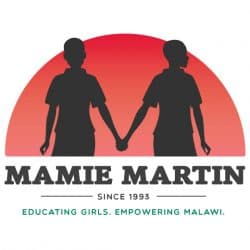Jenni Barr is one of our #Bike2Malawi riders and is also a Trustee of the Dunblane-Likhubula Partnership, another Scottish-Malawi charity. Like so many small charities we team up where we can for mutual support. Jenni, along with Ann Hale, also from the Dunblane-Likhubula Partnership is cycling for #Bike2Malawi and simultaneously fund-raising for the Likhubula community. She has written about her 6-day cycle ride in the Trossachs in Scotland, including the Duke’s Pass which is a difficult hill for a car, never mind a bike, even an e-bike like Jenni’s.
“This has been tough!! I had 5 days clear for cycling and the wonderful offer of a bed in the Trossachs. I persevered through an injured sciatic nerve, thunderstorms and flooded country roads to add 255.5 miles to my #Bike2Malawi total. I’ve loved cycling through the Trossachs while listening to John le Carré on Audiobooks. I was the subject of several heckles but the best was from a 30-year-old as we passed on a hill (me cycling up) – ‘If you can do this, anyone can!!’.
I’ve long loved cycling, though these six consecutive days have taxed me. But I want to thank the challenge of #bike2malawi for pushing me forward to ride the Duke’s Pass in both directions, cycle round Loch Katrine and back three times in a week, commune with deer and foxcubs who didn’t even move off the road. No Pelaton ride could give you the smell of damp greenery or the passing sounds of streams and waterfalls by the roadside – every sense is engaged. When it got tough, I remembered the value of the support to the community at Likhubula. I’ll sleep tonight!”

















